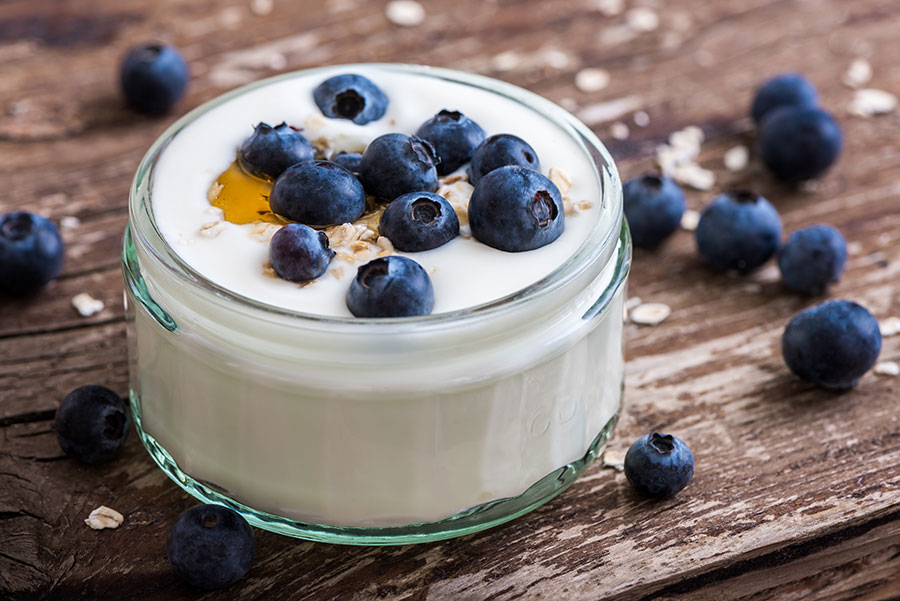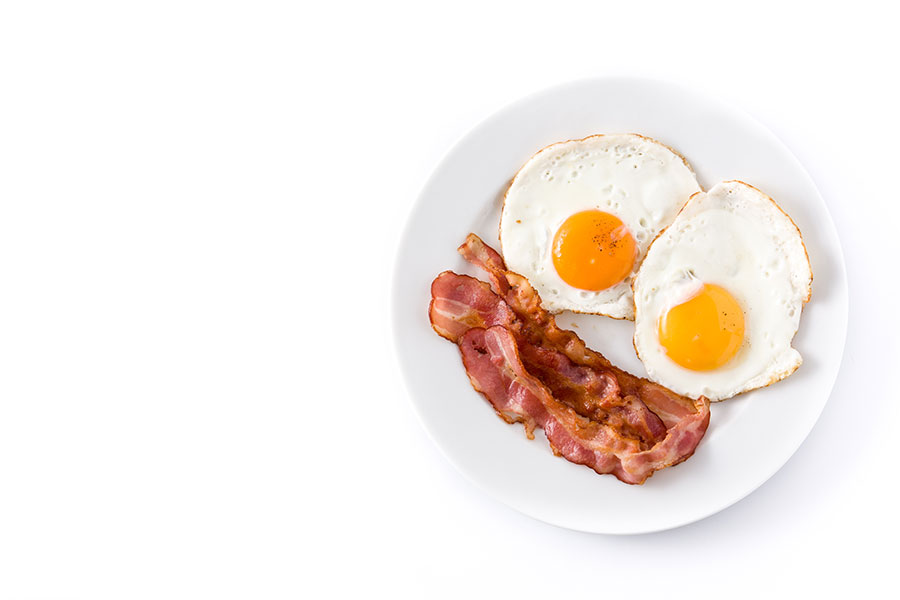Breakfast: To skip or not to skip
That is the question: Is it really the healthiest meal of the day?
It is always difficult when a longheld or cherished belief must be called into question or, worse, tossed onto the trash heap of beliefs that have been discredited. One such recent change relates to my thinking regarding breakfast.
I have always started the day with a good breakfast. I usually have a bowl of cold cereal in the warm months, hot oatmeal in the cold ones, and intersperse these with a bowl of Greek yogurt. I try to maximize the quality of these by adding fresh fruit, berries and nuts. I am not averse to the occasional eggs and toast and, of course, living in the South, grits. I have a cup of coffee and a bit of juice. I feel that this starts off my day best. Surveys, however, show that 25 percent of the U.S. population does not eat breakfast.
For most of my medical career, I have subscribed to the dictum that breakfast is the most important meal of the day and skipping breakfast is, therefore, bad. Doing this was linked to flagging energy early in the day, poor academic performance in students and health problems later, including, in an unexpected turn, obesity. The logic was that skipping breakfast led one to overeat later. Numerous studies have been cited to support these conclusions. I told my patients this repeatedly over the years.
Well, surprise, surprise, it appears that eating breakfast is not all it is claimed to be. It turns out that many studies were not as conclusive as they were claimed to be and a great many were funded by … get ready … cereal companies. A 2003 study which concluded that eating cereal for breakfast resulted in lower weight in subjects was funded by Kellogg. A 2014 study claiming that skipping breakfast was linked to higher cholesterol was designed and the final manuscript edited by Quaker Oats. Just because a company with a vested interest in the results funds a study does not automatically invalidate it, but it should prompt a very careful, skeptical evaluation of that study.
The “breakfast is good” conclusion was easy to accept because it just made sense. If you skip breakfast, you will have less energy, right? It also makes perfect sense that the hungrier you are, the more likely you are to overeat later. Even so, people who skip breakfast eat, on average, 400 fewer calories per day.
Recent studies have called into question whether breakfast is the most important meal and whether skipping it is linked to weight gain. One randomized, controlled study (the best kind) published in 2014 looked at 300 adults trying to lose weight over four months and found that eating or not eating breakfast had no bearing on success in losing weight. The British Medical Journal published in January 2019 a review of 13 randomized, controlled studies looking at the role of breakfast in gaining or losing weight, and the review concluded that recommending breakfast to help lose weight might have the opposite effect. The authors also made it clear that their conclusions should be taken cautiously as they felt the overall quality of the studies cited was “low.”
So, what are you, the poor, befuddled reader, supposed to do? Whether you are a breakfast eater or not, if you are healthy, fit and at a good weight, you probably don’t need to do anything. If eating breakfast makes you feel better, go for it. People who have legitimate medical issues, such as hypoglycemia, if they skip meals, should probably eat breakfast. If you are overweight or obese and seeking to lose weight, you might consider intermittent fasting, as I wrote about last month. Depending on the cycle you choose, this may entail skipping breakfast or the opposite. People are individuals, after all, and what works for one may not work for another.
As with much in life, with breakfast, quality matters. Eat something with high food value, preferably something that does not come through your car window at a drive-thru. Foods with healthy fat, fiber and relatively low sugar will provide steady energy and avoid big swings in blood sugar and insulin in the bloodstream. Check out the recipe as an example.
The world’s best breakfast yogurt

Prep time: 5 minutes. Nutrition: Calories: 540-660*, Fiber: 5.6 grams, Sugar: 29 grams, Fat: 33-44* grams.
*Depends on non-fat vs. full-fat yogurt.
Ingredients
- 1 cup Greek yogurt (0-5 percent fat)
- ½ cup blueberries
- 1/3 cup chopped pecans, walnuts or almonds
- 1 pat of real butter
- 1 tbs pure maple syrup
Directions
Toast nuts in a small shallow pan with a pat of butter over medium heat. Add blueberries and maple syrup. Heat thoroughly. Fold into yogurt and enjoy.
Sources:
bmj.com/content/364/bmj.l42
academic.oup.com/ajcn/article/100/2/507/4576452/
healthline.com/nutrition/is-skipping-breakfast-bad

